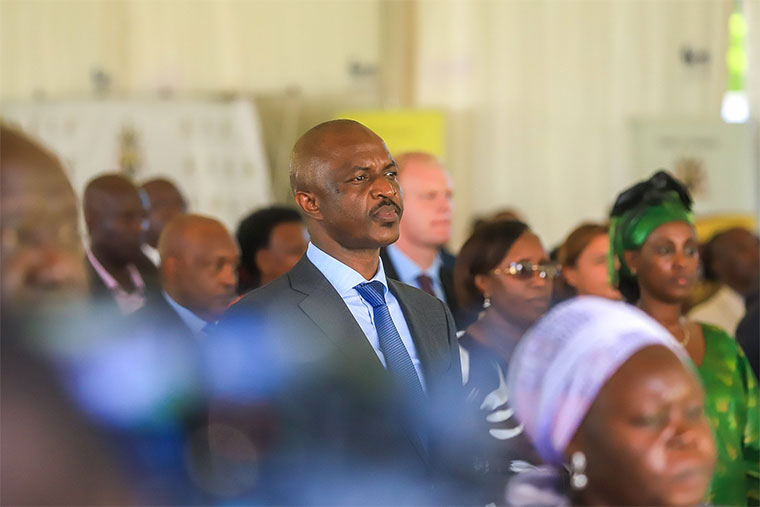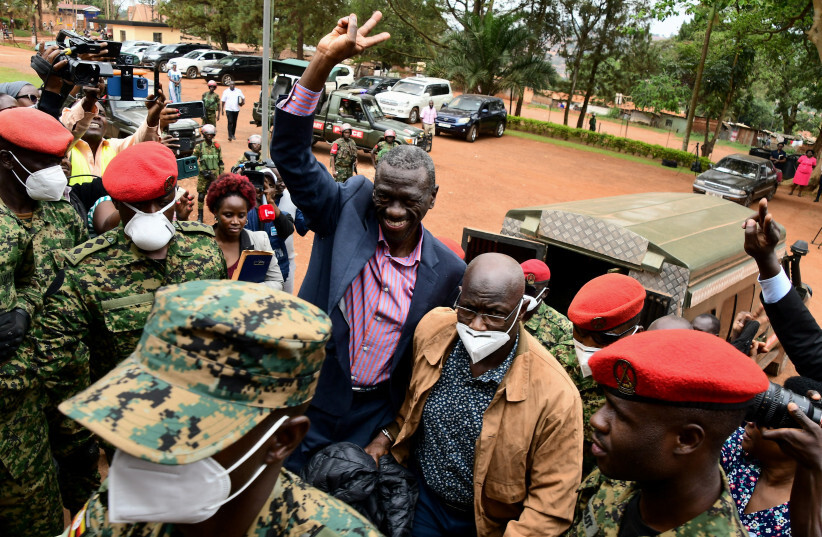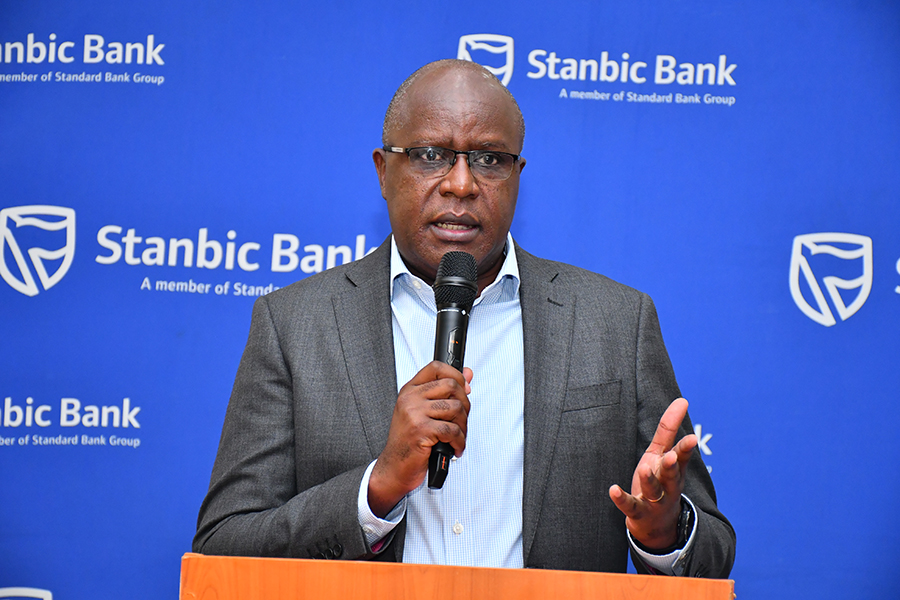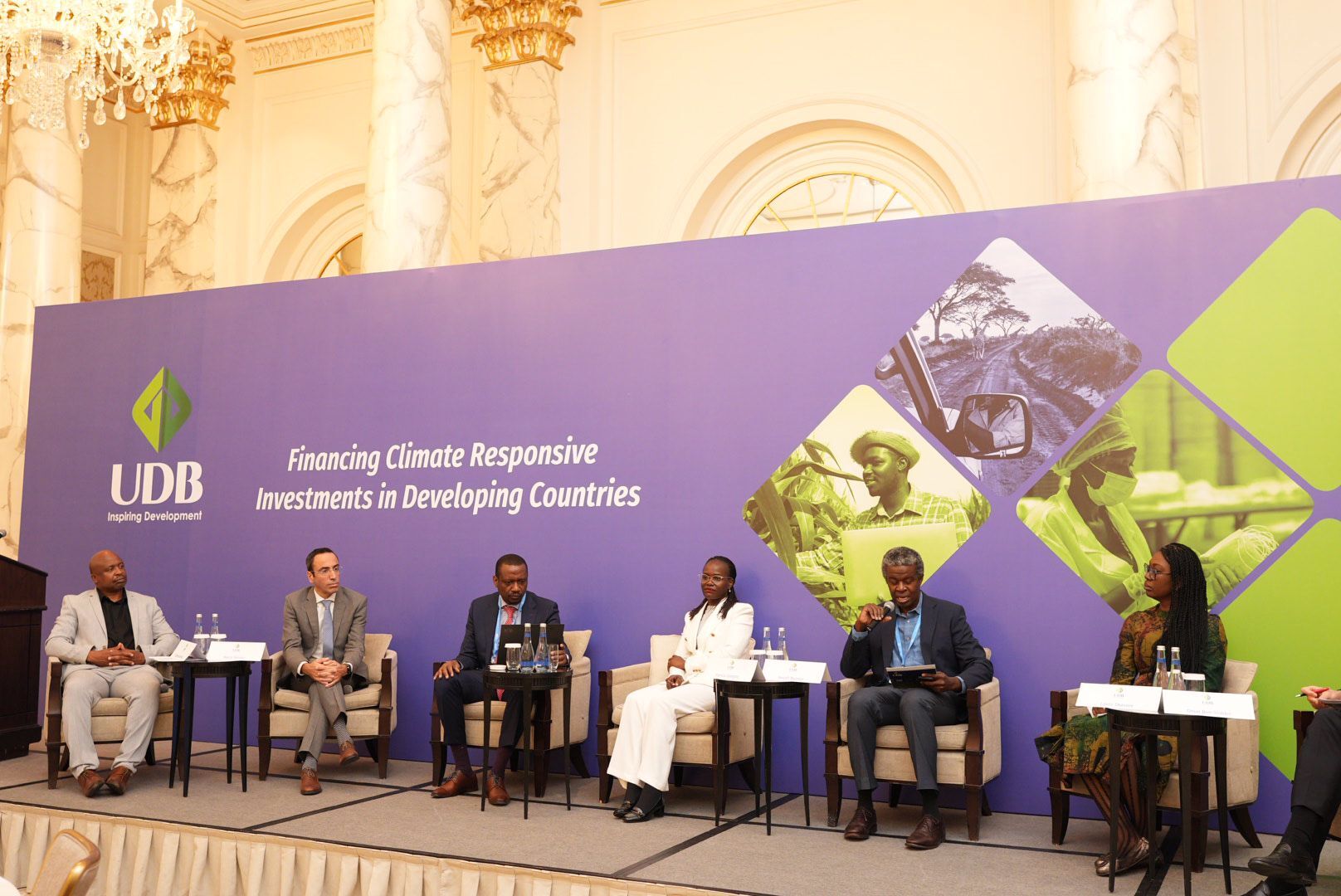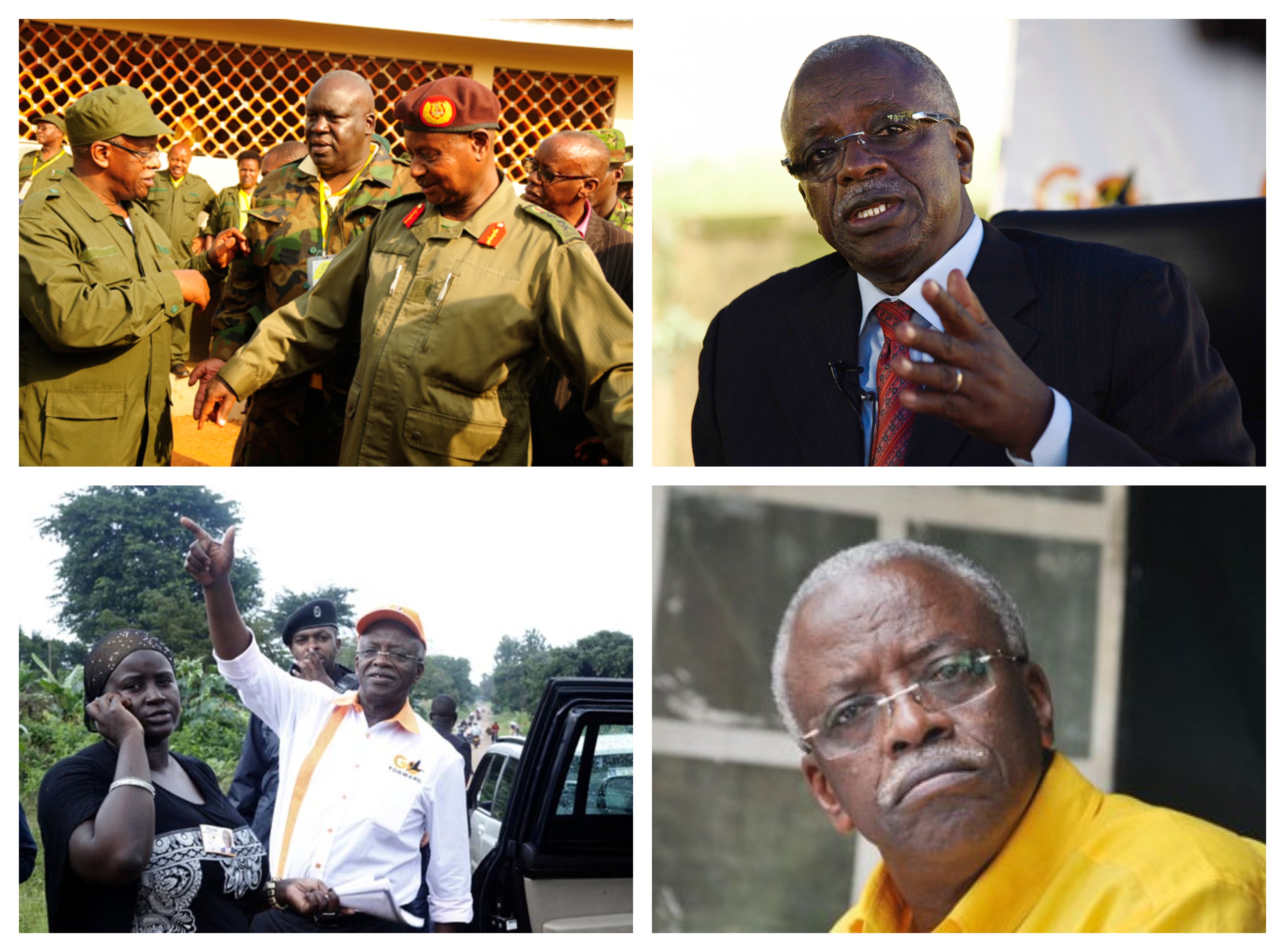During a less, publicized public function in May where he announced his intention to run for Parliament in Kabweri County, Kibuku district, Dr Patrick Wakida, a political analyst let the cat out of the bag.
“Individuals from impoverished communities should align with the government rather than oppose it. Opposition without power as futile,” he said as the crowd cheered.
“When you are an activist, you have very good ideas but cannot implement them because you don’t have power,” he asserted.
Like many opposition activists, Wakida had built his brand attacking the shortfalls of President Museveni and his NRM party.
Now, here he was conceding that being in opposition was a futile exercise.
Some say this marked the point where Wakida embraced the NRM without officially joining it.
But the icing on the cake came recently when Dr Wakida was named on the board of Uganda Investment Authority (UIA).
For those who know how things operate in this country, being a member of such a sensitive board requires the endorsement of the NRM but specifically President Museveni.
So the question is: When and why did Dr Wakida ditch the opposition for the NRM? How did he get on the eating table?
We have to look at his past to make sense of his present decisions.
Wakida, the FDC activist
In 2006, Wakida who had been living in the UK came back to the country and immediately joined Dr Kizza Besigye’s campaign wagon.
It was at the height of Besigye’s popularity given that he had been arrested and charged with treason and rape, charges that many people saw as outright persecution by Museveni.
After the campaigns, Wakida stayed around and worked with a number of organizations as a researcher and policy analyst.
He started appearing on various talk shows and commenting in the newspapers about governance issues and Museveni’s dictatorial tendencies. He became a hot potato.
His turning point was the founding of Research World International (RWI) in 2011 which often conducted political, social and economic surveys. At this point, he still identified as a supporter of FDC.
His firm started conducting political polls that often-stirred controversy.
Ahead of the 2016 elections, RWI released a poll that showed that former prime minister Amama Mbabazi was the favoured candidate among opposition supporters.
There were allegations from some in his party (FDC) that Mbabazi had paid for the poll. They dismissed Wakida as a ‘money maker” but the pollster maintained that the poll had been carried out without any bias.
In the elections, Mbabazi got only 1.4% of the total vote while Dr Besigye, his main opposition challenger, scored 35% of the vote.
Even at this point, Wakida still firmly believed in FDC. In 2017 when there was talk that the Besigye-Mugisha Muntu rivalary would split the party, Wakida accused the media of blowing the situation out of proportion.
“FDC is now stronger than it was in 2011…What is happening is just an issue of individual interests and those are normal in any group,” he said.
In 2019, his RWI whipped up a storm when it released a poll that revealed that Museveni’s overall support had dropped below 50%.
NRM functionaries went up in arms and tasked Wakida to reveal the source of his funding.
“It’s just professional for a pollster to indicate cost of a poll and the source of money,” said the then Senior Presidential Press Secretary, Don Wanyama. Wanyama is now chief executive officer of Vision Group.
Wakida said he had spent Shs 21 million the poll and all the money had been internally sourced.
We understand that after this poll, security agencies started investigating Wakida’s RWI, particularly his source of funding.
In August 2020, five months to the election, RWI released a poll that showed that Museveni was now the most popular presidential candidate and was ahead of his main rival, Robert Kyagulanyi aka Bobi Wine.
Wakida ‘softens’
The attacks from NRM and alleged investigation of his firm softened Wakida’s under-belly, said someone who has closely worked with him in FDC.
“They squeezed him and he had no option but to go slow on NRM,” the person claimed.
Even after this episode Wakida still remained a critic NRM in interviews but his tone had noticeably lost its sharp edge.
In 2021, he decided to venture into the education business with some partners.
By 2023, they had built a multi-million primary school in Nsasa, Kira Municipality which set tongues wagging.
What is the source of this money? Some people asked.

During this time, he restricted his analysis to the economy and rarely ventured into the political side.
When he did, he was quite restrained like someone walking on eggshells.
Yet within the same period, his criticism of the opposition increased for the keen observer.
While appearing on NBS TV in 2023, he said the opposition “should stop lamenting” about their challenges and instead organize.
Early this month, he was unveiled as a board member of UIA by ministers Matia Kasaija and Evelyn Anite.
It had marked a 360-degree turnaround for someone who had started out as a strong critic of the regime.
May be, it is the NRM that sought him first to tap his brain or to create one less headache for them.
Yet this could also be a tactic by the NRM to politically destroy Wakida as they have done to other opposition figures who joined their bandwagon.
Betty Olive Kamya, Beatrice Anywar, Aggery Awori, Alex Onzima, Joyce Ssebugwawo…the list is long.
Is it not Abraham Lincoln, the former US president, who said “the best way to destroy your enemy is to make him your friend?”
